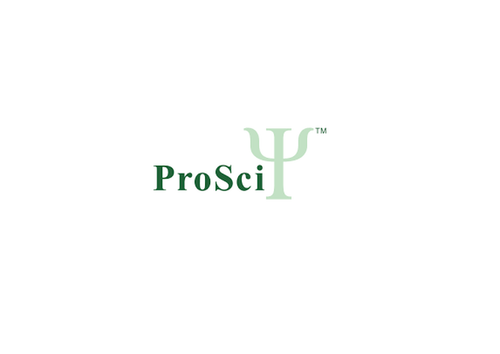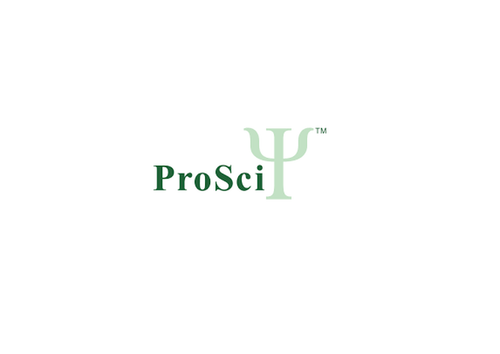Product Description
FDPS Antibody | 58-051 | ProSci
Host: Rabbit
Reactivity: Human
Homology: N/A
Immunogen: This FDPS antibody is generated from rabbits immunized with a KLH conjugated synthetic peptide between 54-82 amino acids from the N-terminal region of human FDPS.
Research Area: Cancer, Obesity, Signal Transduction
Tested Application: WB
Application: For WB starting dilution is: 1:1000
Specificiy: N/A
Positive Control 1: N/A
Positive Control 2: N/A
Positive Control 3: N/A
Positive Control 4: N/A
Positive Control 5: N/A
Positive Control 6: N/A
Molecular Weight: 48 kDa
Validation: N/A
Isoform: N/A
Purification: This antibody is purified through a protein A column, followed by peptide affinity purification.
Clonality: Polyclonal
Clone: N/A
Isotype: Rabbit Ig
Conjugate: Unconjugated
Physical State: Liquid
Buffer: Supplied in PBS with 0.09% (W/V) sodium azide.
Concentration: batch dependent
Storage Condition: Store at 4˚C for three months and -20˚C, stable for up to one year. As with all antibodies care should be taken to avoid repeated freeze thaw cycles. Antibodies should not be exposed to prolonged high temperatures.
Alternate Name: Farnesyl pyrophosphate synthase, FPP synthase, FPS, (2E, 6E) -farnesyl diphosphate synthase, Dimethylallyltranstransferase, Farnesyl diphosphate synthase, Geranyltranstransferase, FDPS, FPS, KIAA1293
User Note: Optimal dilutions for each application to be determined by the researcher.
BACKGROUND: This gene encodes an enzyme that catalyzes the production of geranyl pyrophosphate and farnesyl pyrophosphate from isopentenyl pyrophosphate and dimethylallyl pyrophosphate. The resulting product, farnesyl pyrophosphate, is a key intermediate in cholesterol and sterol biosynthesis, a substrate for protein farnesylation and geranylgeranylation, and a ligand or agonist for certain hormone receptors and growth receptors. Drugs that inhibit this enzyme prevent the post-translational modifications of small GTPases and have been used to treat diseases related to bone resorption. Multiple pseudogenes have been found on chromosomes 1, 7, 14, 15, 21 and X. Multiple transcript variants encoding different isoforms have been found for this gene.
 Euro
Euro
 USD
USD
 British Pound
British Pound
 NULL
NULL















![FDPS Antibody (Center) [APR06992G] FDPS Antibody (Center) [APR06992G]](https://cdn11.bigcommerce.com/s-452hpg8iuh/images/stencil/500x659/products/866688/1158755/logo__92149.1659788186__87670.1659863200.png?c=2)
